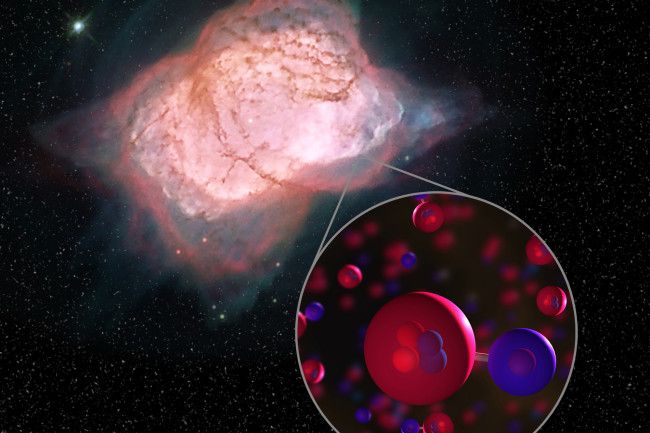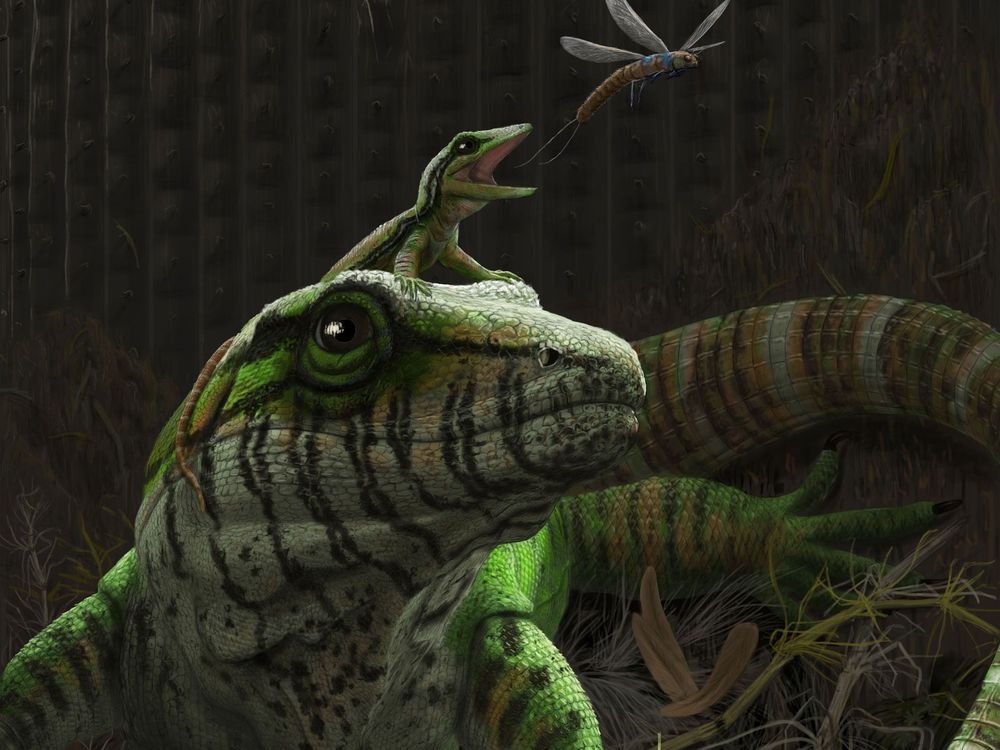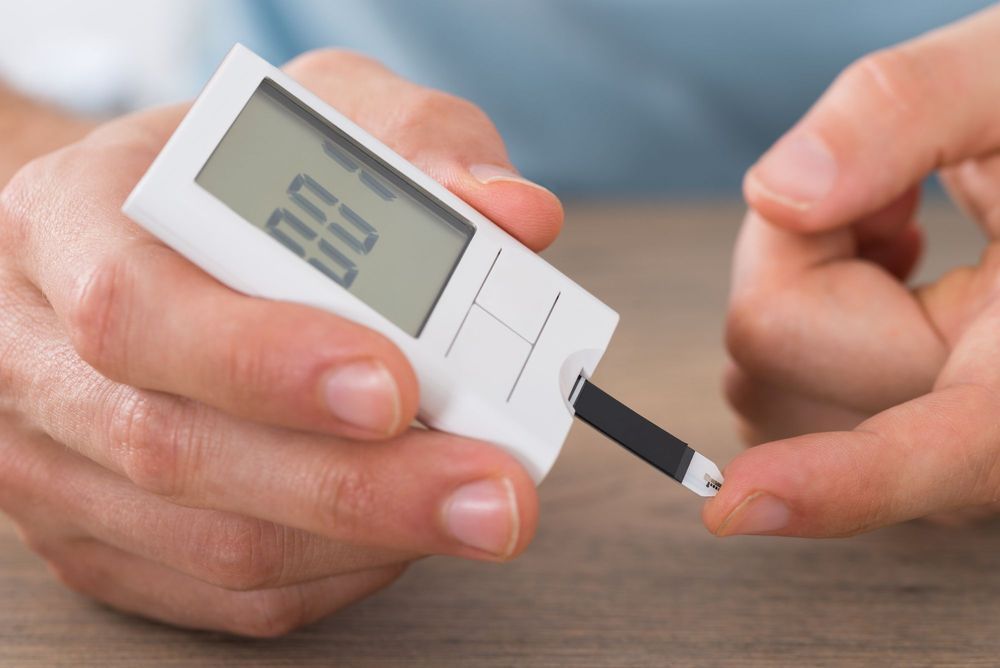You heard about reversing the epigenetic clock 2.5 years? Living drugs? CAR T cells? Fight cancer? Here ya go.
Vision Weekend is the annual member gathering of Foresight Institute, a non-profit for advancing beneficial technologies for the long-term flourishing of life.
More info on speakers and program: https://foresight.org/vision-weekend-2019/.
Join Foresight Institute’s community: www.bit.ly/foresightnews







